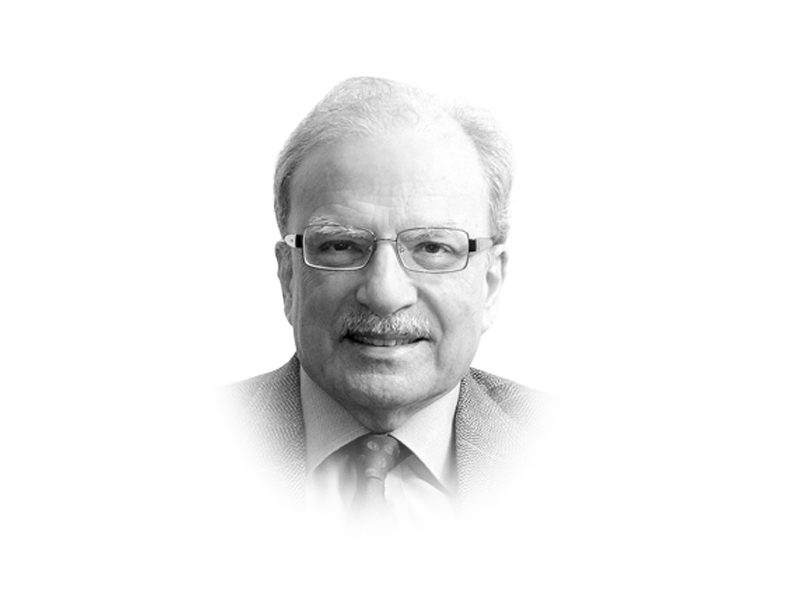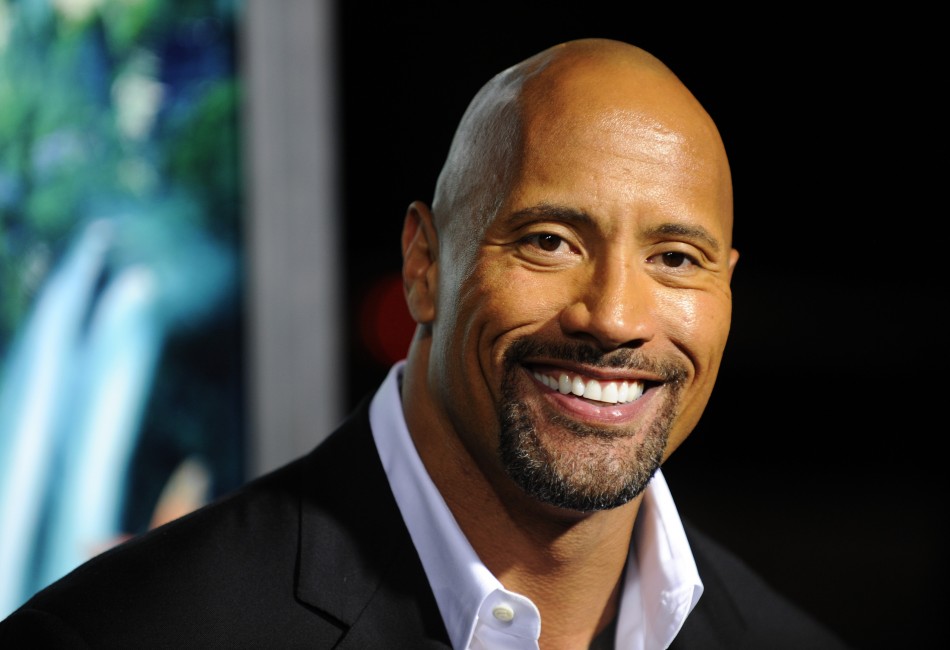
If the billionaire non-politician Donald Trump gets the nod from the Republican Party, he will bring to the surface the ugliness in American society that had remained hidden for long. He has already campaigned against immigration into the United States, against the several minorities that are transforming the country’s demographic structure, and against Muslims and Islam. Even if he becomes the nominee of the Republican Party, it is unlikely that he will be able to move into the White House. The Americans, when it comes to casting their vote tend to think moderately, not extravagantly. That said, Trump would have lit so many fires that it will be difficult for President Obama’s successor to ignore them. There will be difficult times ahead for the minorities in the United States, in particular for the six million Muslims who are already in the country. There are close to a million Pakistanis resident in the United States and their number has been growing steadily. That may be difficult now after the San Bernardino incident involving a couple of Pakistani origin that killed more than a dozen persons, men and women, in cold blood.
The problem posed by the rise of radical Islam has avoided a solution. This is the case in part because it has several components. It has involved Muslim sects confront each other. One is backed by Saudi Arabia; another by a resurgent Iran. Unless the two learn to live side-by-side, the problem will deepen. It will prevent the full involvement of outside powers such as the United States and Europe that are committed to the destruction of the Islamic State (IS). The conflict with the IS is also acquiring a Cold War dimension with the Russian government committed to defending the regime of President Bashar al-Assad while the United States and Europe would like the Syrian leader to lose political hold over Damascus. There is no end in sight of the Syrian civil war that has already taken a heavy human toll. Some quarter million people have been killed while another four million have left their homes and become refugees.
The Syrian crisis is one example of how politics influences economics. According to the latest estimate, more than a million people have arrived in Europe from the Middle East and Central Asia, mostly from Syria but also from Afghanistan. Germany is set to receive most of these people. Their arrival will significantly change the country’s ethnic composition but by relieving labour shortages add to the country’s economic growth.
At this time, the global economy and the global political system are under great stress. This is the result of a number of developments, some of which were anticipated. Some others are the consequence of the weakening or absence of institutions that can resolve differences among nations and national interests. What was on course and has now happened. In October at the time of its 2015 annual meeting, the International Monetary Fund (IMF) announced that according to one of its measures for estimating national products – the purchasing power parity method – China had overtaken the United States and become the world’s largest economy. The gap between China and the United States will widen as the differences in their rates of economic growth will remain significant. Even with a marked slowdown in its pace of economic growth, China will still grow at rates more than twice as high as that of the United States. That said, the Chinese per capita income will remain well below that of America for decades to come. China understandably wants a larger role in global economic affairs, which Washington is reluctant to yield. This has become one of the several reasons for the growing tension between the two countries. Some of what China wants was granted when the IMF decided to accommodate its currency, the renmenbi, into the basket that determines the value of the Special Drawing Rights.
There are also developing differences between rich and emerging nations concerning the conduct of international trade. In 1995, when the World Trade Organisation (WTO) was finally established to become the third leg of the stool constructed in 1944 at Bretton Woods, there was hope that the world had finally managed to create a rule-bound international economic system. But that hope did not last for long. The WTO has failed to create a globally accepted system and regional systems are being negotiated.
There are several other strains in the global economic system. How will they affect the world in the future? Are we headed towards economic chaos? Or will the world’s major powers have the political will and the competence to navigate through these troubled waters? The answers to these questions are difficult to provide at this moment. This indicates that the world is entering a period of significant uncertainty.
Published in The Express Tribune, December 28th, 2015.
Like Opinion & Editorial on Facebook, follow @ETOpEd on Twitter to receive all updates on all our daily pieces.
1732603002-0/lamar-(4)1732603002-0-405x300.webp)
1720420084-0/brad-pitt-(2)1720420084-0-165x106.webp)










COMMENTS (5)
Comments are moderated and generally will be posted if they are on-topic and not abusive.
For more information, please see our Comments FAQ